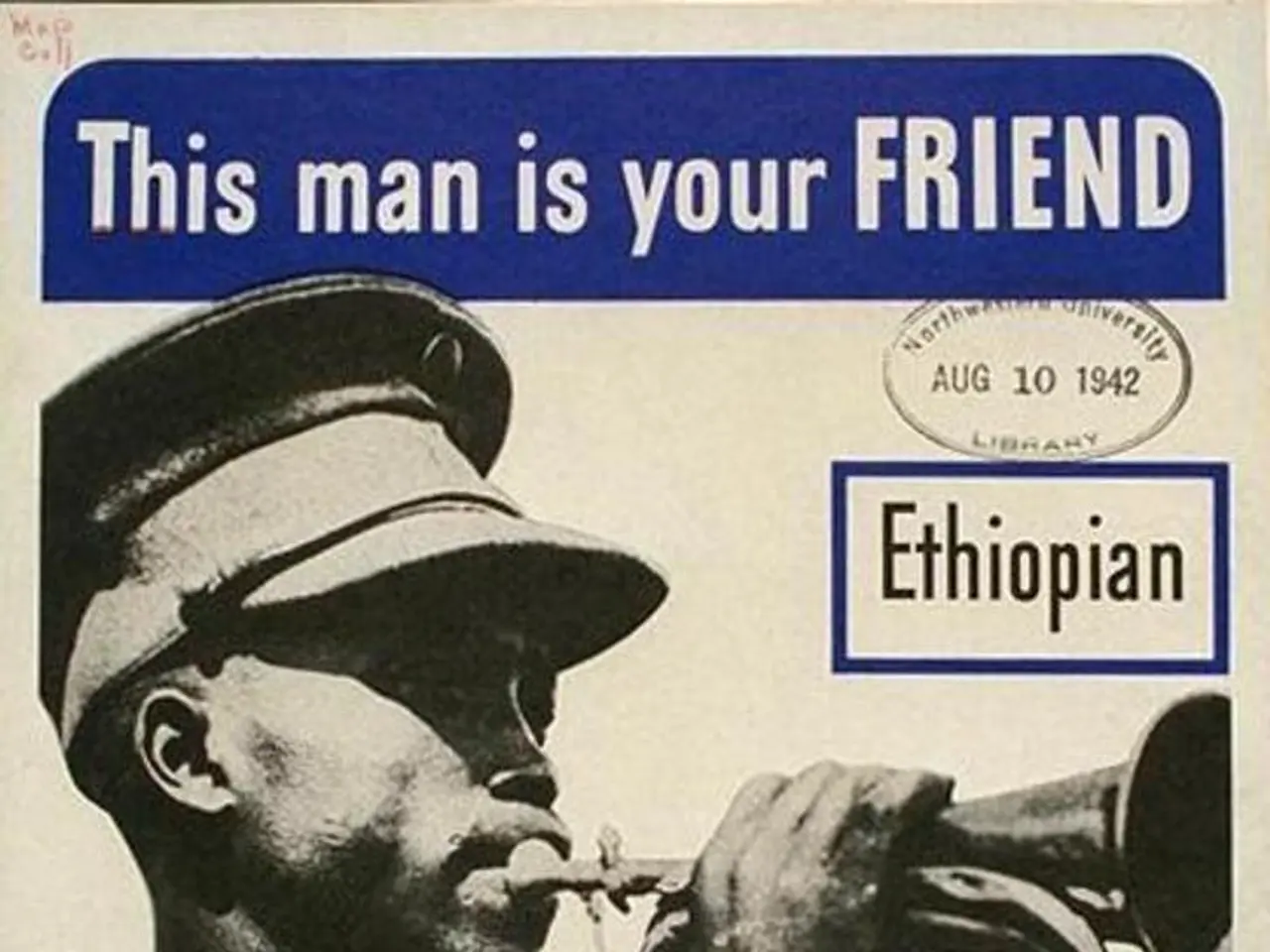Confronting German Censorship and Challenging Israeli Genocide Negation by Francesca Albanese
In a packed auditorium, both in-person and online, Francesca Albanese, the United Nations Special Rapporteur for Human Rights in the Occupied Palestinian Territories, delivered a scathing critique of international law's failure to prevent genocide. The event, hosted by the Free University of Berlin, was associated with interest groups of the European Society of International Law (ESIL), which invited Albanese to discuss international law topics at their conference "Reconstructing International Law".
Albanese, who faced restrictions and venue changes during her visit to Berlin, reaffirmed her commitment to speaking out against Israel's violations, regardless of the threats and attempts to silence her. She challenged the widely accepted notion of impartiality in human rights reporting, arguing that Israel, as the occupying power, bears the primary responsibility for the violations.
The Special Rapporteur's speech centered on the definition of genocide under international law and its application to the ongoing Israeli assault on Gaza. She highlighted the systematic censorship of pro-Palestinian voices in Germany, drawing parallels between the repression of dissenting opinions today and historical patterns of suppression.
Albanese noted that Germany is currently being sued by Nicaragua at the ICJ for its military and financial aid to Israel amid allegations of genocide. She stated that the ICC's decisions matter, even if enforcement is weak, and that their existence alters diplomatic relations and increases pressure on Israel.
During the event, Albanese participated in a panel discussion focusing on the limitations of international law, Germany's complicity in the Gaza genocide, and possible avenues for legal accountability. She urged German universities to sever partnerships with Israeli institutions involved in the occupation, describing such collaborations as violations of international law.
Albanese also encouraged students and activists to persist in their advocacy despite increasing repression, stressing that "solidarity is our greatest weapon against oppression." She encouraged audience members to engage in strategic activism, including legal actions against arms companies supplying Israel, economic boycotts, and political lobbying.
The event concluded with a panel discussion on the erosion of international law and its implications for the Palestinian struggle. Albanese was welcomed by organizations such as DiEM, A Jewish Voice for a Just Peace in the Middle East, Eye on Palestine, and the Gaza Committee. She pointed to the growing global movement in support of Palestinian rights, highlighting the rising number of countries severing ties with Israel and calling for its accountability in international courts.
Notably, Albanese referenced the 2023 cancellations of her public lectures at German universities as part of a broader crackdown on Palestinian solidarity movements in the country. Despite these challenges, Albanese's visit to Berlin underscored the importance of continuing to challenge and question the status quo in the pursuit of justice and human rights.
Read also:
- Tobacco industry's suggested changes on a legislative modification are disregarded by health journalists
- Trump's Policies: Tariffs, AI, Surveillance, and Possible Martial Law
- Uncovering Political Ad Transparency: A Guide to Investigating opponent's Political Advertisements in the Digital Realm
- Elon Musk praises JD Vance's debate performance against Tim Walz








